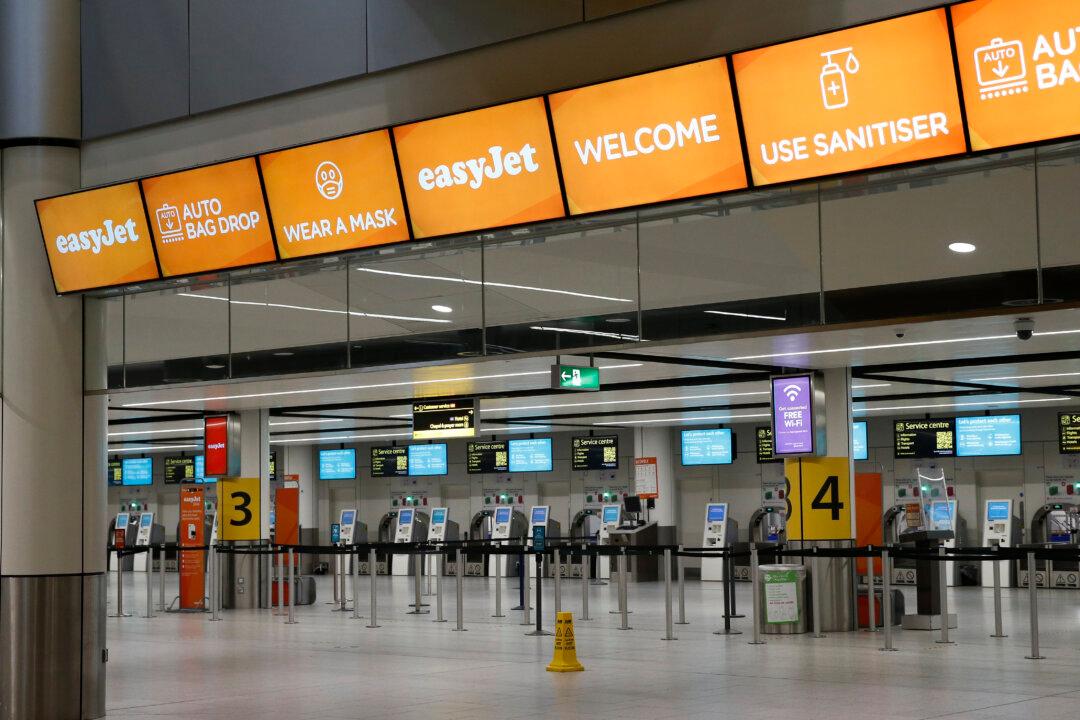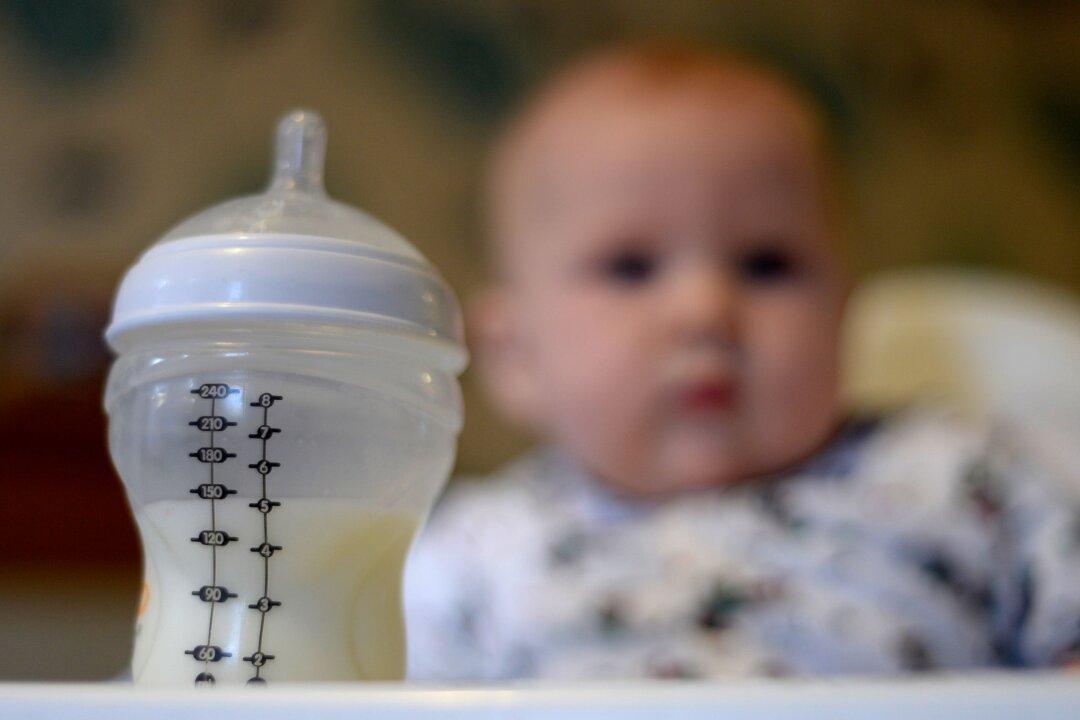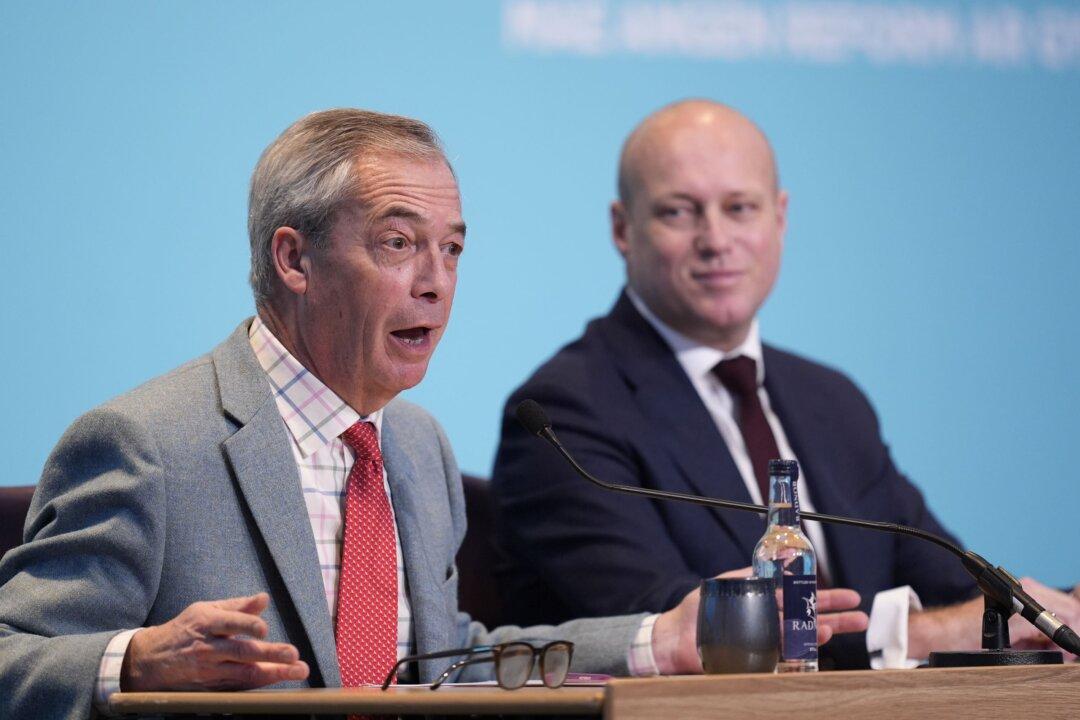Pilots are calling for urgent action to help aviation because of the “devastating” impact of the pandemic-related lockdowns on UK airlines and airports.
The British Airline Pilots Association (BALPA) said the UK aviation industry has been the hardest hit in Europe by restrictions on international travel.




